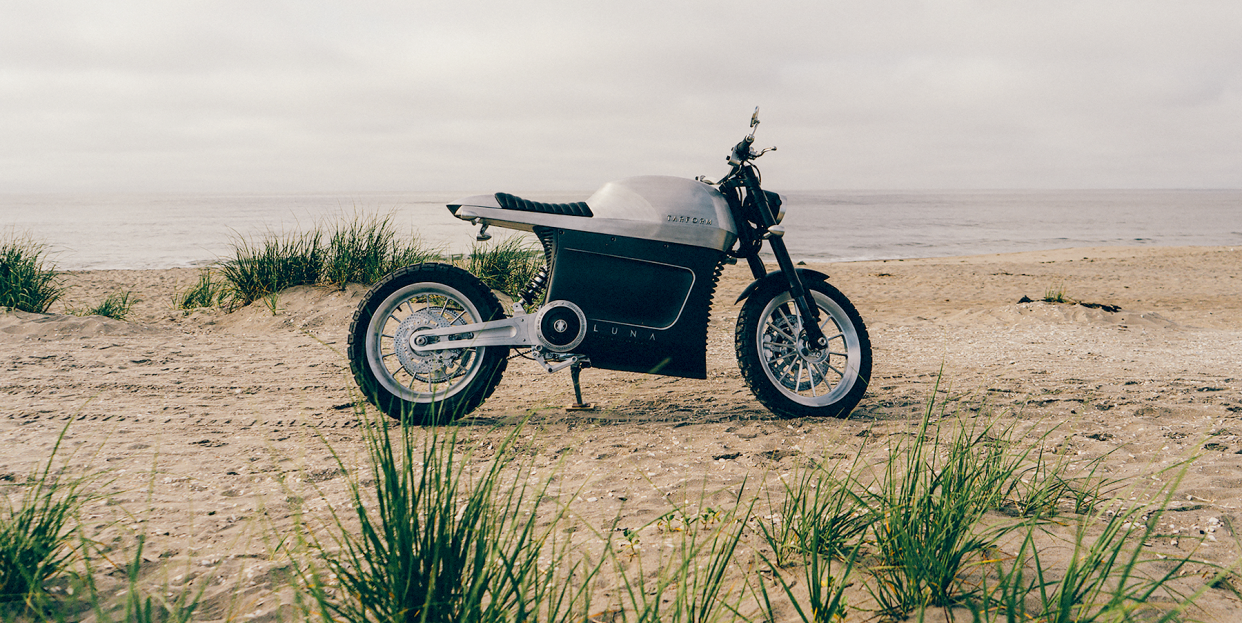The Overdue Arrival of Electric Motorbikes

It’s a little surprising that by the end of 2020 electric motorcycles haven’t quite taken off yet; figuratively speaking that is. Don’t rule out flying bikes at some point but right now, they’re just fast, technical, sustainable, easy to run and virtually silent. Which may go some way to explaining the slow uptake. Bike culture, even more so than cars, is still in thrall to the petrol engine, and understandably so. The growl, the throb, the smell, the tinkering and the opportunity for unnecessary revving are precisely why many buy motorbikes in the first place.
And a booming, Instagram-friendly vintage and custom-made market has extended their appeal in recent years. It might be wiser then to see the electric motorbike for what it is — different. And with it comes a different rider, perhaps completely new to two wheels.
The fact that Harley-Davidson, a brand that embodies the leathery world of traditional bike-riding probably more than any other, introduced an all-new electric model this summer is proof in itself that something has shifted. And the LiveWire shifts like a superbike, with a city range of 158km and a one-hour full charge time all at an admittedly early-adopter starting price of £28,995. You’d have to say it’s already one of Harley’s best-looking machines.

In California, Zero Motorcyles has specialised in electric motorbikes for over 10 years and is the de facto market leader with eight models in its range, from the stripped-back, urban-oriented FX to the menacing SR/F which it describes as the world’s first smart bike thanks to its customisable dash and data-heavy app that monitors everything a rider didn’t know they wanted to monitor. Zero’s recent rounds of investment to the tune of $250m again supports a turning tide.
While the gadgety nature of electric bikes will be attractive to buyers of a certain mindset, so too will be their environmental credentials. Tarform, a Brooklyn start-up, was founded by a Triumph-owning web developer who wanted to offer the romance and looks of vintage British bikes without the waste and emissions.
Creatively incorporating natural materials, its striking Luna (available to pre-order for $24,000) has a pineapple “leather” seat, woven flaxseed panels instead of plastic, and algae replacing toxic paints; a city bike built to be recyclable and biodegradable. And perhaps most importantly covetable, if you like its post-war meets post-apocalypse looks that is. It’s a long way from Marlon Brando in The Wild One, but at least Tarform makes the first tentative case that one day these machines might spark a bike scene of their own.
Like this article? Sign up to our newsletter to get more articles like this delivered straight to your inbox
Need some positivity right now? Subscribe to Esquire now for a hit of style, fitness, culture and advice from the experts
You Might Also Like


